Working capital loans have been created to address the needs of entrepreneurs.
What Are Working Capital Loans?
A working capital loan has the primary objective of financing typical, everyday operations of a company. One should note that working capital loans aren’t meant to purchase long-term assets or to be directed towards investments.
Instead, they should be used to cover expenses such as wages, accounts payables, and so on. Typically, businesses with cyclical sales cycles or that have a seasonal nature depend on working capital loans during times of diminished business activity.
For instance, manufacturing companies have cyclical sales cycles that meet the requirements of the retailer. In such scenarios, working capital is linked to stock. Thus, firms that have this type of seasonality need a working capital loan to pay wages or other expenses when sales are down.
In plain English, working capital loans are used by companies to finance daily operations.
Now that we established the main features characterising this type of loan, we’ll move on to the potential traps of working capital loans.

What Are the Potential Drawbacks of Working Capital Loans?
To begin with, many working capital loans will involve a degree of security, namely collateral. A secured loan is the type of loan that gives the lender the right to possess one of the assets you place as a guarantee if you default on the loan. Depending on your means, the collateral could be a home, factory, inventory, so on and so forth.
Even though the collateral required on working capital loans depends on each lender, most of the time it is a necessity. A solid business plan and your credit rating and history will either weigh the balance in your favour or not.
Secondly, taking out a working capital loan could negatively affect your credit score. Although this may seem like the only viable option to keep your business on track, it does have other consequences. Each loan you take out is noted on your credit history. The more money you borrow, the higher risk you are for the lender, and the higher the interest rate you’ll be required to pay. What is more, failing to keep up with the payments or missing some payments could mean havoc for your credit rating.
On that note, before taking out a loan of any type, you should be 100 per cent convinced that you have the financial means to make the repayments on time. Otherwise, you’ll be sinking in debt before you know it.
Thirdly, another potential disadvantage associated with working capital loans is that they typically have short loan terms. Depending on your business’ specifications, this could be conveyed as either an advantage or a disadvantage. Considering that you cannot utilise the funds from these loans for investments or long-term solutions, these loans won’t meet all your business’ needs.
At the same time, working capital loans enable you to keep up with your expenses as opposed to exhausting all your finances for keeping your business running when sales are down.

Weighing the Pros and Cons
In spite of the potential traps linked to working capital loans, one thing is for sure: they enable entrepreneurs to explore the maximum potential of their companies. On that note, if you are sure that you are in a solid financial position and you anticipate that your business will generate much profit in a given timeframe, this type of loan will meet your needs.
For instance, if you require a bit of extra help to expand or develop your business but you lack the funds, this loan could assist you for your purposes. Don’t forget to factor in the potential drawbacks mentioned above – it all comes down to this: weighing the pros and cons of each financial option you have.
After establishing that this type of loan is the right option for your business, it’s time to start looking for a legit, authoritative lender on the market. At ALC Commercial, we concentrate entirely on supplying a plethora of business loans so that you can expand your business and maximise your revenue. We care about your business’ success, and we know that, with the right ideas, a company can keep growing.
If the timing is right for your business and a working capital loan is all you need to get things going, then you should proceed and get one today.









